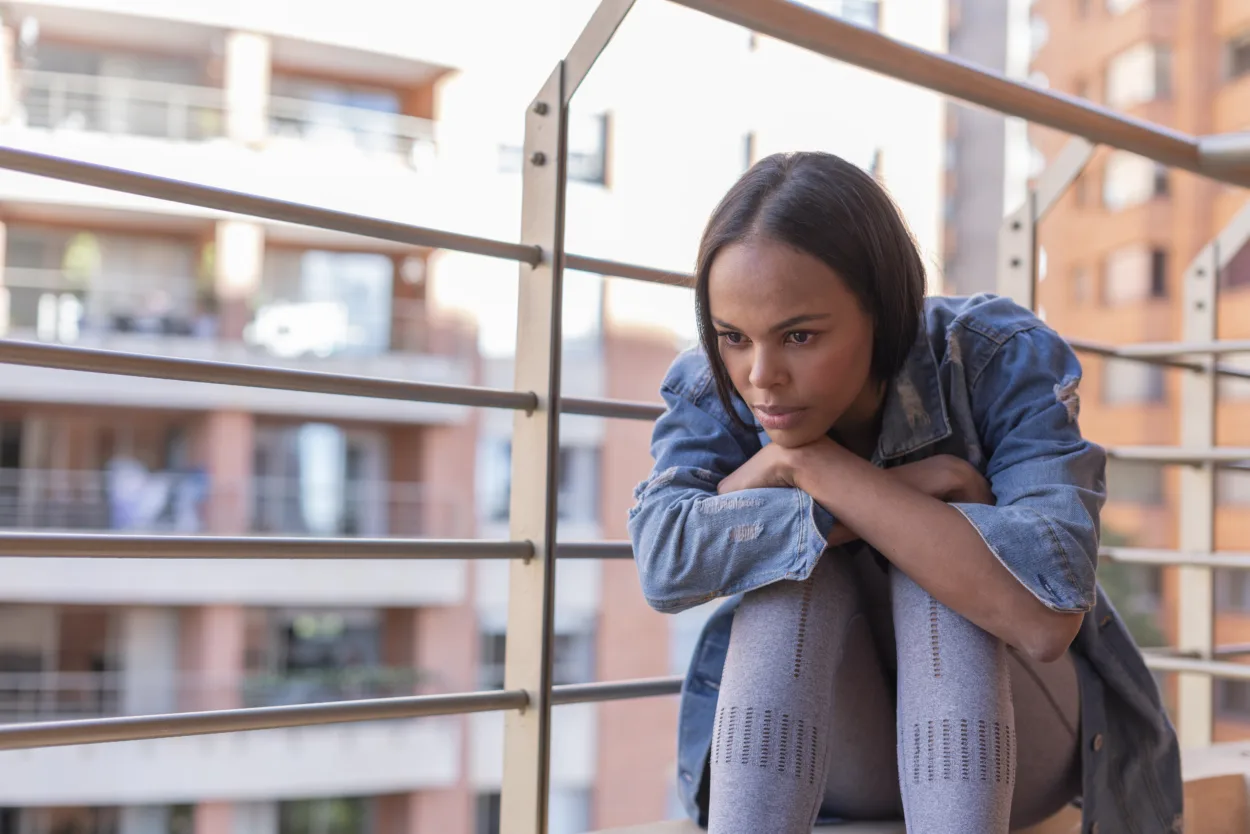The violence in our world is appalling. It surely leaves adults dumbfounded, so it’s no surprise that kids also struggle to hear and understand the tragic news of ever-increasing school shootings.
If you are a parent or caregiver tasked with the role of discussing tragedy with children, let this be a useful guide to opening the conversation, establishing trust and ensuring safety for your loved ones.
Read up on tips for discussing tragedy
Before you even begin to address traumatic events with your children, it will be helpful to educate yourself on the topic. These events tend to become sensationalized, so ensure that the information you’re passing on to your children is from a reliable source.
You may also want to follow guides that give scripts or tips for particular age groups. Check out this tip sheet from the National Child Traumatic Stress Network or this age-by-age guide to talking about school shootings.
Assess each child’s needs individually
If you are discussing a recent shooting, there are some details you may want to include or intentionally exclude, depending on your child’s age, maturity, sensitivity and awareness regarding the topic.
Each child will respond differently, so it may be appropriate to deliver the news to each child independently. No one knows your children better than you do as a parent, so take the liberty to share the information that you feel is appropriate.
It may be necessary to collaborate with your child’s school on this step. If you feel that your child will respond poorly to the topic if it is mentioned at school, consider asking the teacher to excuse your student from class or keep a keen eye out for these conversations between students.
Open the conversation
Once you feel equipped with factual information and an outline of what is most appropriate for the content of the conversation, you are ready to open the door to talking about school shootings.
There is no perfect script for this conversation, since it will need to be modified for your family’s needs, start with simple facts and ask kids what questions they have. Kids tend to process events better when they have information they feel is pertinent, but refrain from gruesome details or sharing images.
Ensure your child knows they are safe
When discussing tragedy with your kids, their top concern is likely centered around their own safety and the safety of the rest of your family. Reassure your kids that although another shooting is possible, it’s highly unlikely.
Teach your children about the various measures taken in your community to prevent a school shooting, like—cameras outside the front door, security personnel, emergency protocol, active shooter training and more. These measures let kids know that trusted adults are proactive and in control.
Keep your fear in check
Kids pick up on the emotions of the adults around them, whether you notice it consciously or not. It’s OK to be afraid (in fact, it can help your children normalize their own emotions), but when your reactions are excessive, kids will become more anxious.
Limit media exposure
This step in processing news of a school shooting is important for adults and children, but it’s easier said than done. Limit media exposure on phones, tablets, school-issued devices and television.
Viewing an endless stream of news coverage on the topic can exacerbate anxiety, especially in children. Young kids may have a harder time moving on from an event that they have a visual image of, so keep your little ones sheltered from news outlets in any form.
Watch out for signs of lingering distress
Upon first hearing the news of a school shooting, it’s normal and even a sign of emotional health to have a reaction of disgust, anger, fear or shock. While these negative feelings are OK, when the emotions linger for too long, it can become unhealthy and lead to behavioral issues in both children and adults.
Keep an eye out for prolonged changes that last more than two weeks. Pay attention to energy levels, sleep and eating habits, mood (such as easily frustrated or irritable) and so on. Physical complaints (like stomach aches or headaches) are also common for children who are in emotional distress.
When these lingering signs of fear seem to get worse rather than better, it might be appropriate to meet with a counselor or therapist to continue discussing tragedy in a safe and guided context.
Get counseling for second-hand trauma
Hearing about a school shooting can cause extreme emotional distress in young kids, older kids and adults. Simply attending school can become a trigger. If a child in your life is having a tough time handling news of a tragedy, it’s important to get counseling for second-hand trauma.
Get connected with the Light Program to access care for your family. Teens and adults don’t need a diagnosis of a mental health disorder to access services they need. Look to the future with hope and call today.





